Get the short answer from an inflammation and immunity specialist
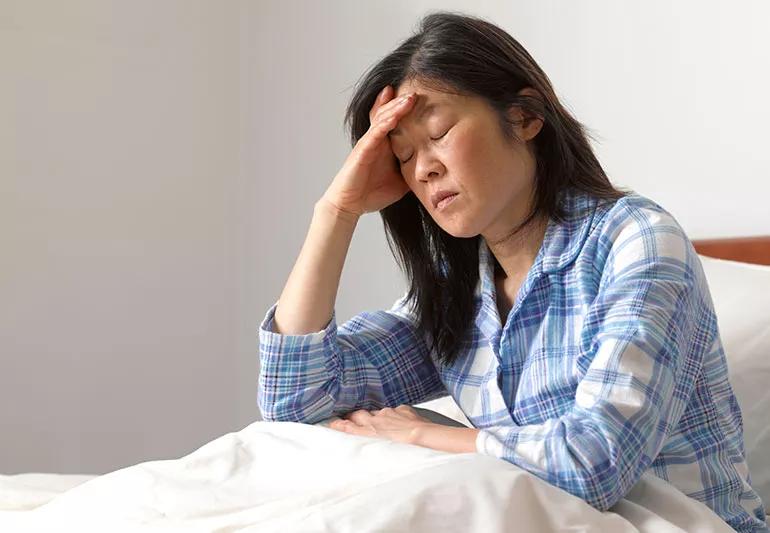
Q: According to the CDC, common side effects of COVID-19 vaccinations include fever, chills, tiredness and headache, in addition to pain or swelling in the arm where the shot was administered. Some say these side effects are good because they prove that your immune system is working. But if you don’t experience any symptoms, does that mean the vaccine, or your immune system, isn’t working?
Advertisement
Cleveland Clinic is a non-profit academic medical center. Advertising on our site helps support our mission. We do not endorse non-Cleveland Clinic products or services. Policy
A: Everyone’s hearing about side effects with the COVID-19 vaccines, especially the second dose of Moderna’s and Pfizer’s vaccines. So, people are worried.
But when you actually look at the statistics from the trials, most people didn’t have side effects. A little over 50% didn’t experience any side effects at all and remember, they were still 94% protected after receiving the vaccine. So, you don’t need to worry if you don’t have any symptoms after your COVID-19 vaccinations.
Another thing that helps is knowing what’s going on in your body after you get the vaccine. When you get the messenger RNA vaccine, little lipid droplets that have mRNA in them get essentially taken up by cells in your arm muscle. The cells start making a spike protein, so your body thinks your muscle cells are massively infected with the coronavirus. Because of this, your body will try to fight off the simulated infection in the cells. That’s what causes some of the inflammation that people experience.
Then, those cells that have replicated the COVID-19 spike protein (RNA) get overtaken by immune cells that can communicate with the cells that make antibodies.
Through this exchange, antibodies specific for SARS-CoV2 are generated. This process takes place in your adaptive immune system. Your innate immune system is the one that locates an infection and attacks it. That’s what can cause sore arms, fevers or muscle aches — your innate immune system going kind of crazy.
Advertisement
Vaccines are so valuable because they help correct that imbalance during an actual infection. So people who have trouble making antibodies quickly enough can make them more effectively after getting the vaccine.
With so many people getting vaccinated, the medical community is very interested in why some people experience all the symptoms while others don’t. They’re still in the process of sorting this all out. Right now, we don’t understand it. But we do know that the two main vaccines that have been approved for emergency use are effective whether or not you’ve developed side effects — and you don’t have to feel terrible to prove that you’re protected from COVID-19.
–Thaddeus Stappenbeck, MD, PhD, Chairman of the Department of Inflammation and Immunity at Cleveland Clinic’s Lerner Research Institute.
Advertisement
Learn more about our editorial process.
Advertisement
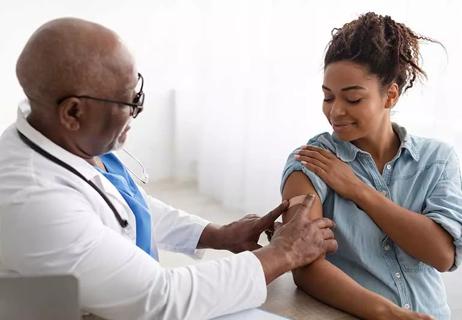
The latest vaccine offers the most up-to-date protection
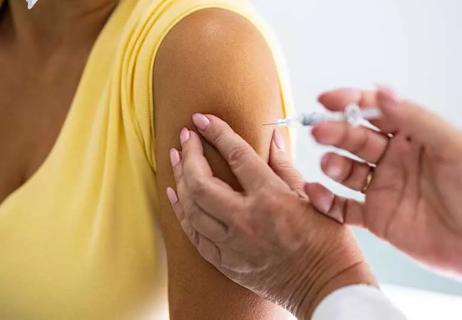
Irregularities in cycle length and flow aren’t a cause for concern
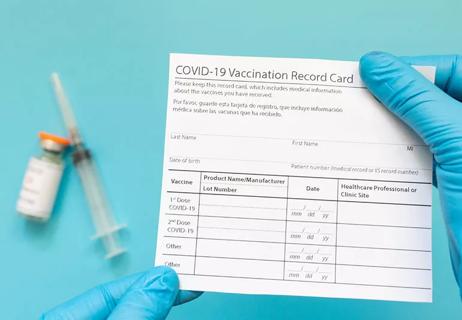
Before you panic, here are the options to consider

You might be protected, but you still need to be careful
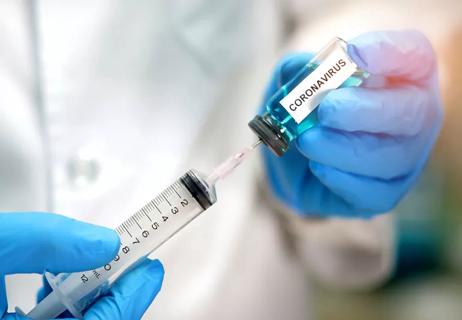
Get the facts before assuming the worst
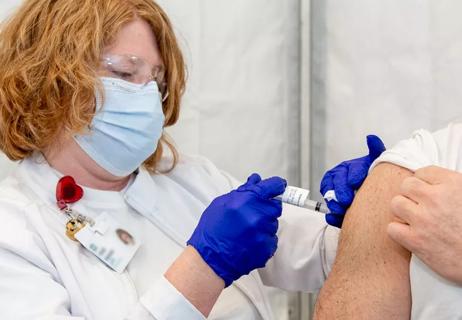
It's not scary and it's another tool that can help us fight the coronavirus

An expert gives insight on what to do if you miss that second appointment
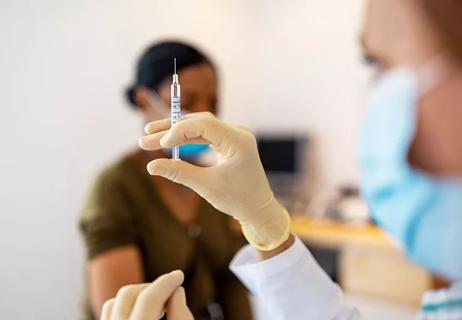
The short answer from a primary care specialist

Type 2 diabetes isn’t inevitable with these dietary changes

Applying a hot or cold compress can help with pain